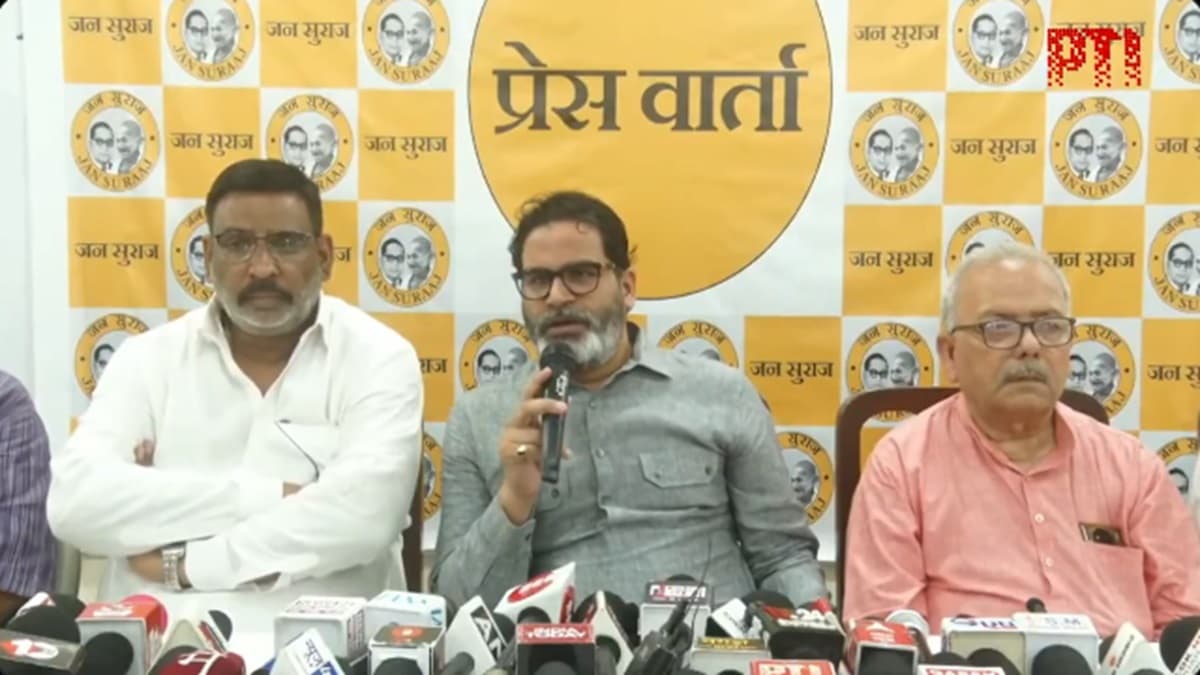
Sanjay Jha, a Member of Parliament from the Rajya Sabha representing JDU, recently confirmed that his party has raised concerns with its ally, the Bharatiya Janata Party , urging them to reconsider enforcing the law retrospectively. According to Jha, JDU fears that implementing the law retrospectively would create confusion and potential legal complications. The proposed law, which deals with the regulation and management of Waqf properties, has sparked intense debate over its implications for religious institutions and property owners across the country.
This development comes amid growing opposition from within the party and its allies, who have expressed reservations about the retroactive application of the law. Some party members fear that such a move could lead to legal challenges and potentially affect individuals who were not party to the original framework when the Waqf properties were established. The concerns point to a broader debate surrounding property rights and the role of government intervention in managing religious assets.
JDU’s stance is reflective of ongoing tensions between the party and its coalition partner, the BJP. While the two parties share a common interest in the stability of the coalition, their divergent views on certain legislative issues have highlighted their differences. The Waqf law is one such issue, as it not only affects the religious community but also touches on sensitive political and cultural matters. The BJP, which has generally been in favour of the bill, maintains that it will help streamline the management of Waqf properties and reduce corruption, ensuring that religious institutions are properly managed and funds are used transparently.
However, JDU’s cautious approach underscores its desire to avoid political fallout by ensuring that the law is implemented in a manner that is fair and non-disruptive. Their opposition to the retrospective provision reflects a broader concern about the implications of such legislative decisions on the rule of law and individual rights. In addition to these legal concerns, there is also the issue of the broader political ramifications. The Waqf law is not merely a piece of legislation; it is part of a larger political narrative that speaks to the government’s relationship with religious communities. As such, the bill has become a flashpoint for debates around secularism, religious rights, and the role of government in religious affairs.
The JDU’s position is not isolated. Other political groups, including smaller regional parties, have voiced similar concerns about the potential overreach of the law and its implications for religious institutions. These parties argue that the bill, as currently structured, could infringe upon the autonomy of religious organisations and lead to a concentration of power within government-controlled bodies. The call for reconsideration of the law’s retrospective implementation is in line with the broader political sentiment that seeks to balance the need for regulatory oversight with respect for religious freedoms and property rights.
At the same time, BJP leaders continue to defend the proposed Waqf law, arguing that it is a necessary step towards modernising the administration of Waqf properties. The law aims to create a more structured and transparent framework for managing Waqf assets, which are often subject to mismanagement and misuse. Supporters of the bill argue that it will bring greater accountability to religious institutions, ensuring that Waqf properties are used in accordance with their intended purpose and that funds are directed towards community welfare projects.
Despite the differences between the two parties, JDU’s request to BJP to drop the retroactive clause reflects a pragmatic approach to coalition politics. The two parties have maintained a delicate balance in their alliance, but issues like the Waqf law test their ability to reconcile their positions on sensitive issues without jeopardising the stability of their partnership. JDU’s cautious stance may reflect its awareness of the political landscape, where concerns about religious autonomy and the protection of property rights resonate strongly with a large segment of the population.
